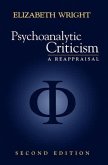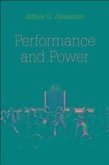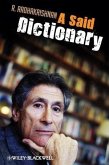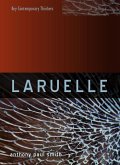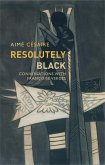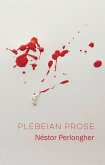"The extraordinary achievement of Wright's book is that it invertsthe standard psychoanalytic approach to art, which consists inbringing to light the unconscious pathological complexes thatunderlie the work of art - for Wright, and in the best Lacaniantradition, it is the poetics, the rhetorical strategies of languageitself, that provide the key to the formations of the unconscious.The consequent deployment of this insight makes the book an instantclassic that will stay around for decades." Slavoj Zizek
"Elizabeth Wright provides a "how-to" handbook on readingliterary texts through psychoanalytic theory. She carefully andintelligently presents a compact description of a psychoanalyticreading, defines "discourse", as well as the "clinical case". Theseare the three core concepts for any understanding of apsychoanalytic approach to literature and language. They are wellillustrated by insightful and comprehensible examples fromShakespeare to the German expressionist Alfred Kubin and theAmerican writer Robert Coover and by examples from pyschoanalystsJulia Kristeva, Joyce McDougall and Wilfred Bion. An indispensableguide for student and critic alike." Sander Gilman
"With an acute eye Speaking Desires seamlessly weavestogether psychoanalytic theory and literary criticism as only oneequally at ease in both discourses can do." PsychoanalyticStudies
"Elizabeth Wright provides a "how-to" handbook on readingliterary texts through psychoanalytic theory. She carefully andintelligently presents a compact description of a psychoanalyticreading, defines "discourse", as well as the "clinical case". Theseare the three core concepts for any understanding of apsychoanalytic approach to literature and language. They are wellillustrated by insightful and comprehensible examples fromShakespeare to the German expressionist Alfred Kubin and theAmerican writer Robert Coover and by examples from pyschoanalystsJulia Kristeva, Joyce McDougall and Wilfred Bion. An indispensableguide for student and critic alike." Sander Gilman
"With an acute eye Speaking Desires seamlessly weavestogether psychoanalytic theory and literary criticism as only oneequally at ease in both discourses can do." PsychoanalyticStudies



